Navigating the new strategic world order
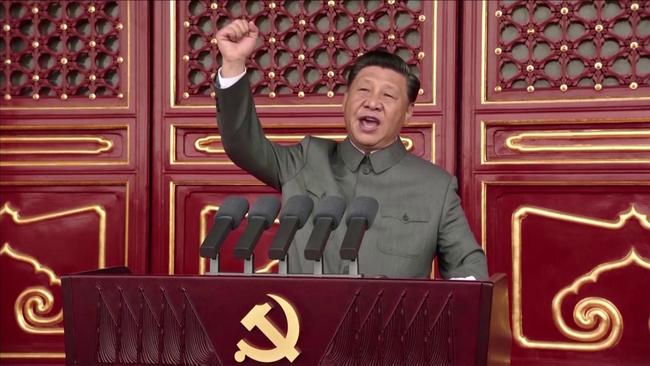
We live in hope that our great and powerful friend can restore its global authority as it staggers away from the wreck that was the Trump presidency, and that the Stars and Stripes can bring us comfort once again.
This is what makes AUKUS so attractive, and so forever.
But between sentiment and romance lies grim reality.
Britain is suffering the self-inflicted wound of Brexit, its former global role long gone. The deployment of HMS Queen Elizabeth and its motley array of escorts to “the Far East” is the triumph of gesture over substance.
America’s global pre-eminence has faded, and while America is certainly not in decline, the nature of its power is changing.
While this seems not to have dawned yet on the Pentagon, the Trade Department is acutely aware of America’s loss of bargaining power, and of its need to take a different tack if it is to recreate economic advantage. This is what makes AUKUS so desperate, and so yesterday.
China’s global rise is irreversible. Its regional geostrategic dominance is acknowledged by everyone, except us.
Our neighbours in Southeast Asia equivocate on America’s place in Asia, hoping that it can provide some sort of cushioning against China’s more assertive and boisterous behaviour, but without its being too outspoken or too visible. And they certainly will not take America’s side against China, pivot or no pivot.
Australia, it would appear, has no such inhibition.
We are blind to the geopolitical skills of our neighbours, which have the best part of two millennia’s experience in the art of accommodation and political manoeuvre. They are nuanced in their diplomacy and subtle in their strategy, avoiding appeasement as deftly as they avoid subjugation.
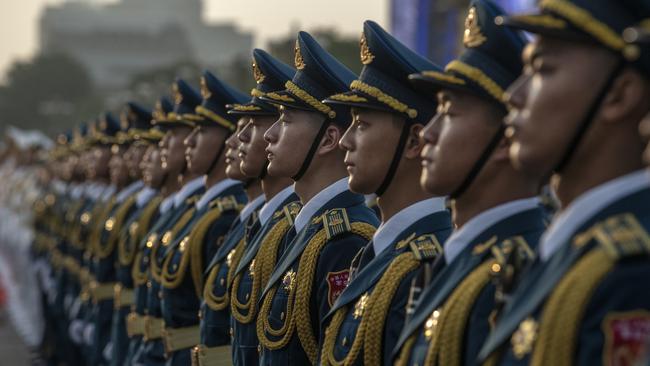
What have we to learn from developing countries, notwithstanding the fact that, by the time the nuclear-powered submarines arrive (if they ever do), five of our neighbours – Indonesia, Malaysia, Thailand, the Philippines and Vietnam – will rank higher in the global economic pecking order than Australia?
If they were smart, they would be begging Australia to demonstrate its leadership and guide them to a world where they’ll be on the winning side – not their own side, of course, but the side of good over evil, of democracy over autocracy, of capitalism over communism. But we have decided to retreat to the future by resurrecting a new version of “forward defence”, effectively junking the Defence of Australia policy that has underpinned our defence strategy and capability planning since the mid 1980s.
Hunter/killer submarines are predicated on war between nuclear giants that maintain a viable ballistic missile second strike capability in their nuclear force structure.
It is difficult to see that they’re optimised for the kinds of credible contingencies that Australia might conceivably face in the sea-air gap to the north and the maritime approaches to the west and the east.
It’s high time that Australia embarked on a sweeping strategic policy review, driven not by domestic political pointscoring and the confirmation bias that has characterised recent “white papers”, but driven rather by a realistic assessment of the implications of strategic change and what we need to do to bolster regional stability and enhance our own security.
Drifting or, even worse, galloping towards war between nuclear powers is not a recipe for success or survival. We need a cold, hard, unsentimental and unromantic look at the consequences of an Indo-Pacific strategic fault-line that has morphed into a chasm, perhaps an abyss from which there is no return.
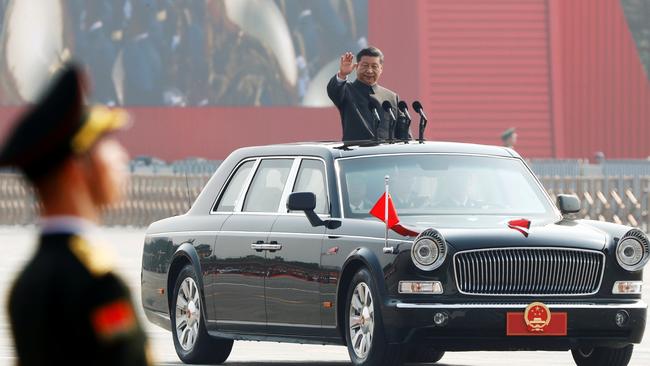
The geostrategic fact is that China is here to stay, as is the United States, India, Indonesia, Malaysia, Thailand and Vietnam, along with our friends in Korea and Japan. So are we, if we’re smart.
That, however, is the key question: are we smart, or simply reckless and feckless amateurs “punching above our weight”, try-hard as that is, and risking a thrashing for our troubles?
If you look around, smart countries work with their neighbours to build collective trust and security.
They work for security within their region, not security from it.
Even more, they invest in the institutions that design, promulgate and manage the rules by which they agree to manage their affairs, rules that are as open to sanctions against mischief as they are to guidance for constructive behaviour. Yet we are currently flat-footed, as blind to opportunity as we are to the danger we are courting through regional isolation and over-dependence on a distant protector.
Of course we need a credible defence capability. We also need an invested diplomacy. Pumping iron to build strength is well and good: but without brainpower to give it purpose and direction, military strength is little more than “the expense of spirit in a waste of shame”.
We need to rediscover strategy.
-
Allan Behm is director, International and Security Affairs Program, at The Australia Institute, Canberra.

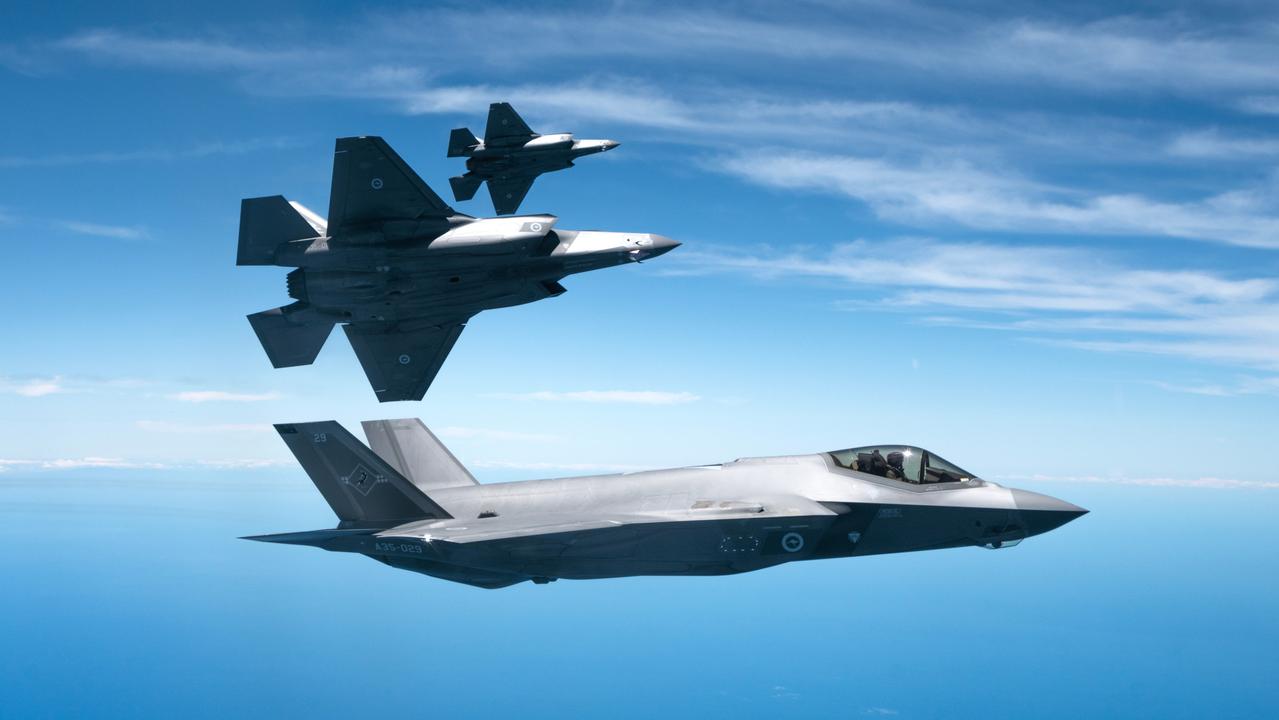
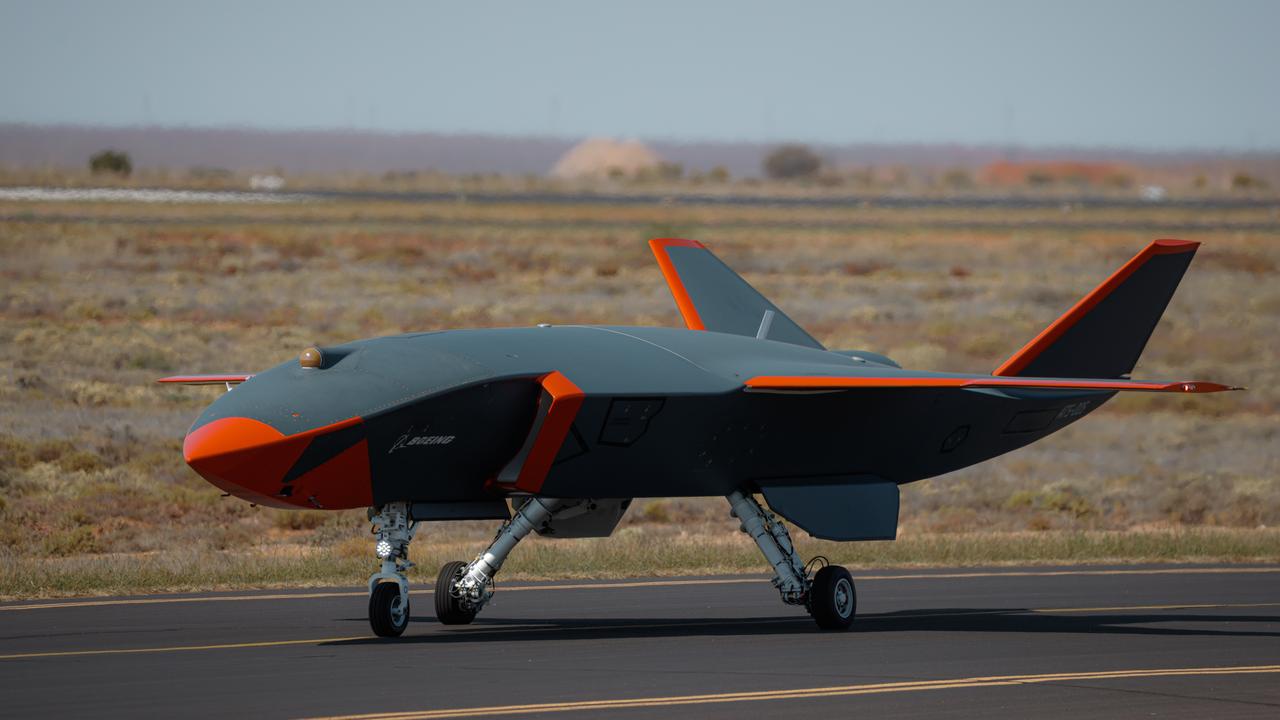
We’re a sentimental lot. We look back to a largely imagined golden age, with Qualcast (British, of course, but manufactured in Footscray, Victoria) lawnmowers, neat picket fences and the Union Jack fluttering over our public buildings. We’re also a romantic lot.